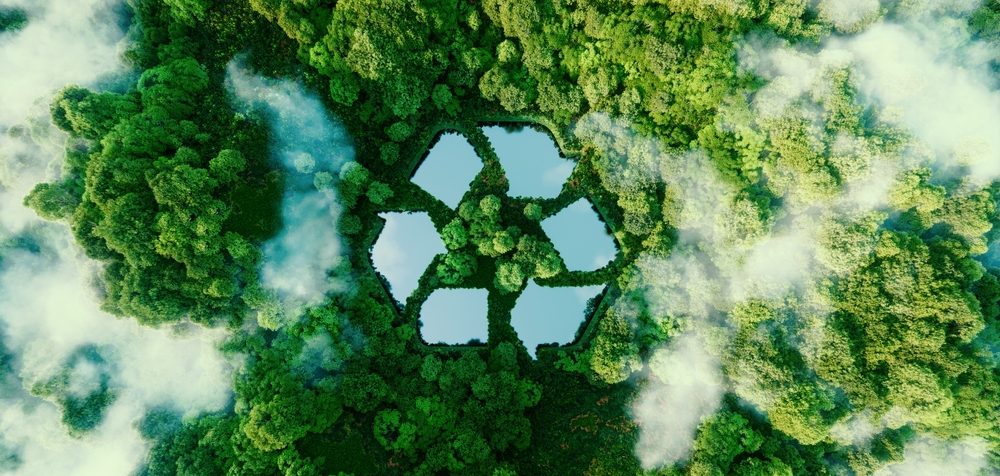
A research team from the Institute of Process Engineering (IPE) of the Chinese Academy of Sciences has developed an eco-friendly glass made from biologically derived amino acids or peptides. Traditional glass – which is usually manufactured from sand, lime, and sodium carbonate – is biologically incompatible and not readily degraded in nature. The new family of glass is biodegradable and bio recyclable.
Currently, the predominant approach to making glass is to heat glass formers at a high temperature (above their melting temperature) to form a supercooled liquid and then to quench this liquid by cooling at a sufficiently rapid rate to prevent crystallization. To date, manufacturing eco-friendly glass of biological origin has been challenging as biomolecules possess poor thermal stability and decompose easily at the high temperatures typically used in glass manufacturing. To combat these problems, the researchers used chemically modified amino acids and peptides to fabricate biomolecular glass through a “heating-quenching” procedure.
They tracked the glass-forming ability, glass-transition-related kinetic, and thermodynamic parameters of the material, along with the glass performance in vitro and in vivo. The biomolecular glass based on derivatives of amino acids or peptides was found to display a unique combination of functional properties and eco-friendly features, including: excellent optical characteristics; good mechanical properties; flexible processability; biodegradability ;and bio recyclability.
“The concept of biomolecular glass, beyond the commercially-used glasses or plastics, may underlie a green-life technology for a sustainable future,” said team leader, Professor Yan Xuehai. “However, the biomolecular glass is currently in the laboratory stage, and far from large-scale commercialization.”
